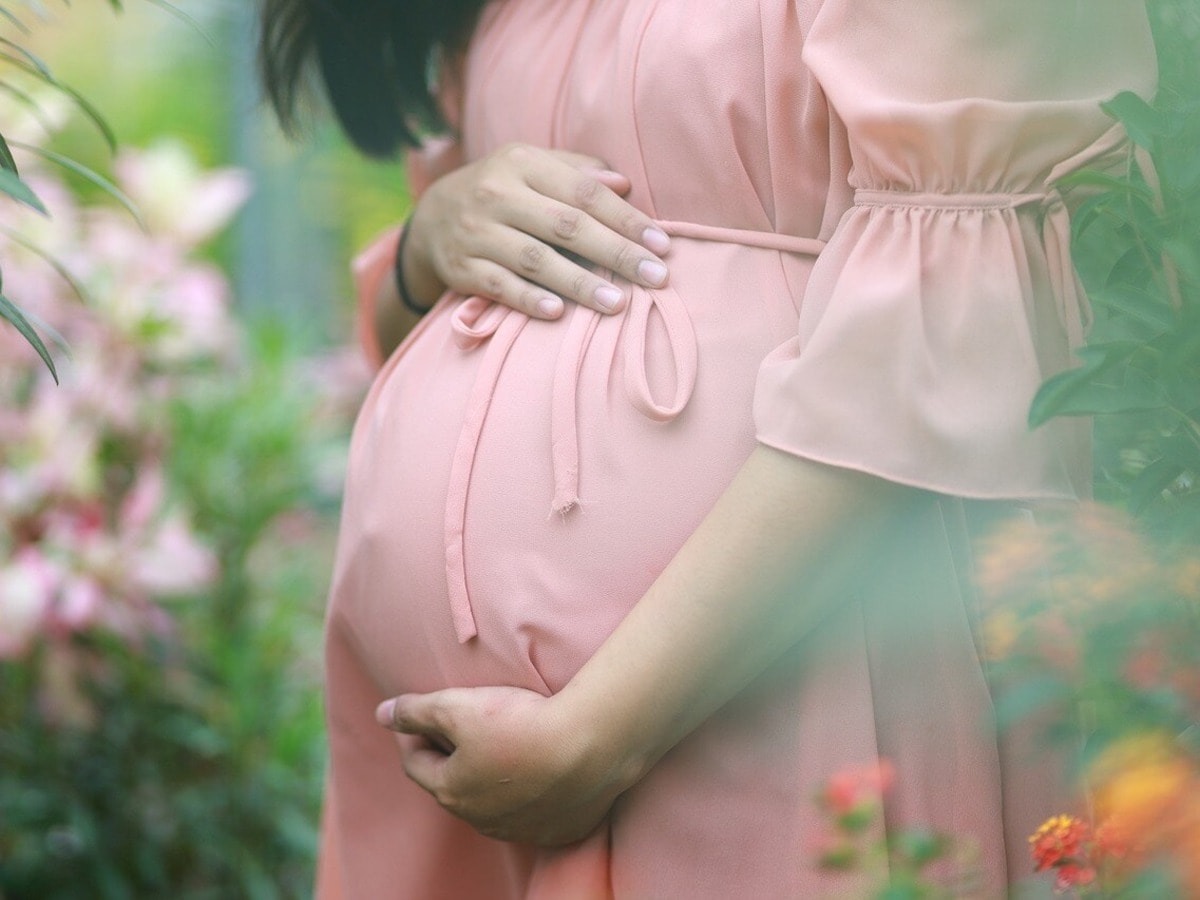The Bombay High Court on Wednesday raised the question in an important case whether women considered mentally weak do not have the right to become mothers. Justice R.V. A bench of Justice Ghuge and Justice Rajesh Patil was hearing a petition filed by the father of the 27-year-old woman. In the petition, the father had sought permission to terminate the 21-week-old fetus, saying his daughter was mentally unsound and unmarried.
Woman’s consent and conclusion of medical report
The petitioner also said that his daughter wanted to maintain the pregnancy. The court last week directed Mumbai government J.J. The medical board of the hospital was instructed to examine the woman.
According to the medical board report:
- The woman is not mentally unwell or ill.
- He has only marginal intellectual disorder, with his IQ level at 75 percent.
- There is no anomaly in the fetus and the woman is medically fit to continue the pregnancy.
- However, the possibility of aborting the fetus was also mentioned in the report.
Court comments: “Intelligence level cannot take away the right to motherhood”
Taking cognizance of the medical report, the court said:
“The woman has not been declared mentally ill. It is simply a matter of intellectual functioning.”
The bench also added:
“Just because her intelligence is below average, doesn’t she have the right to be a mother? If such argument is accepted, it would be against the law. The level of intelligence of all people is different.”
Parental responsibility and social aspects
The petitioner’s lawyer told the court that the woman has identified the person who is responsible for her pregnancy. Based on this information, the court told the woman’s guardian:
“Have a conversation with the person and find out if he is ready for marriage. Both are adults. This is not a crime.”
The court also noted that the woman was adopted as a child and it was the responsibility of the guardians to still perform their duty.
Important findings and next hearing
The court clarified that this case cannot be considered as one of mental disorder. Also, the court termed the woman’s consent as most important.
The next hearing has been scheduled for January 13, and the court has advised the woman’s guardian to have proper talks and find a solution.
 look news india
look news india
